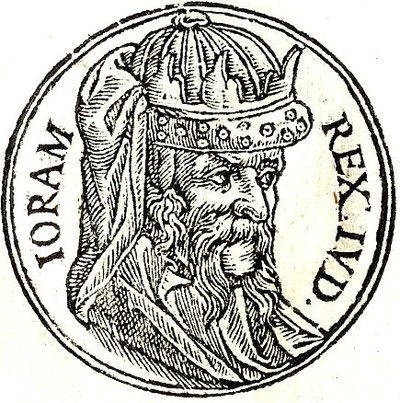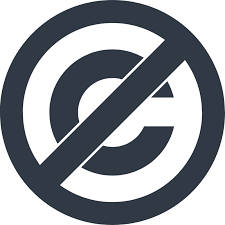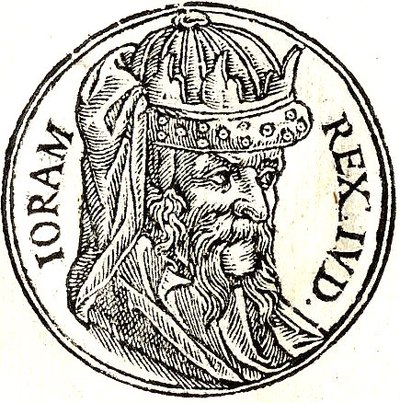God would still raise up descendants for Jehoram to continue God's throne for Judah. But this doesn't mean God doesn't give His punishment. The punishment recorded in this section is the release of Edom from the control of Judah. Edom, in a state of subjection, had actually been an ally of Judah since the time of Jehoshaphat, but this time they had installed their king with the intention of freeing themselves from Judah's influence. Even when Jehoram advanced to subdue Edom, his army was defeated and fled from the Edomites. Libna also joined in the rebellion and broke free from the power of the king of Judah. Libnah had been in a state of submission to Judah since Joshua brought the Israelites into Canaan. Libnah also became an important place of Judah when Assyria came and attacked them. But in the time of Jehoram the son of Jehoshaphat, Libnah rebelled from Judah.
Furthermore, the LORD moved the hearts of the Philistines and the Arabs who lived near the Ethiopians to fight against Jehoram. So, they went up against Judah and entered it and took away all the property that was in the king's palace as booty, as well as his children and wives, so that no child remained with him except Joahas (or Ahaziah), his youngest son.
After all this, the LORD struck him with an incurable intestinal disease. Later, after about 2 years, his intestines came out because of his illness, then he died with great suffering. His people did not light a fire for him as they did for their fathers. He was 32 years old when he became king and 8 years he reigned in Jerusalem. He died unloved. He was buried in the city of David, but not in the tombs of the kings.






Comments
Links